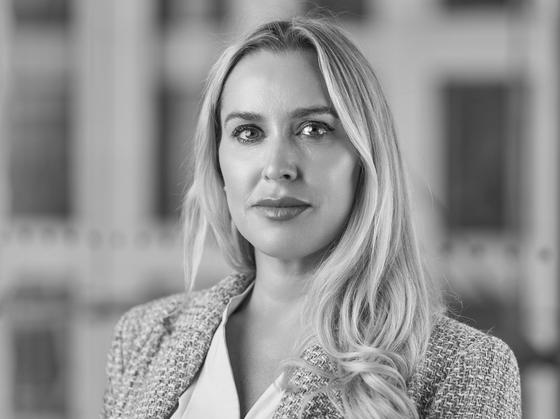Understanding Islamic finance – A Guide for Intermediaries

This editorial was featured in The Intermediary
Recent years have seen rapid growth in the global Islamic finance sector, with market predictions showing the sector is poised to grow from US$200bn in 2003 to US$4 trillion by 2030. While the UK is a leading Western centre for Islamic finance, there remain misconceptions around who these products are for, how they work and the differences from their counterparts. For brokers to develop their understanding of Islamic finance and help this market further its potential, it is important to close this knowledge gap between conventional and the Shariah-compliant finance.
Getting to grips with the market
Although awareness of Islamic Finance is growing, it’s important to understand the key differences between Shariah-compliant and conventional finance. The main distinction is that Shariah-compliant home finance products don’t pay or charge interest. This is due to the Islamic principles stating that money should be put to work to produce a return for the benefit of the whole community rather than generating profit in and of itself.
Home Purchase Plans (HPPs) are commonly known as the Shariah-compliant alternative to a conventional mortgage. These entail a partnership between the customer and the bank, who jointly purchase the property with the customer paying rent to the bank for the portion of the property they do not yet own. With rent and acquisition payments, also known as Capital Repayment in conventional terms, the customer’s share of the property increases while the bank’s decreases, until the customer ultimately becomes a homeowner.
For all faiths and none
According to data published by the ONS’ Census study, the UK's Muslim population increased by a quarter between 2011 to 2017, reaching 3.9 million people, demonstrating the nation’s burgeoning market for Islamic finance. However, Shariah-compliant products are not exclusively for those of the Muslim faith and are becoming increasingly popular with customers wanting to align their financial objectives with their ethical principles.
This is widely because Shariah-compliant finance is viewed as more ethical than conventional finance, as Islamic principles prohibit investments into harmful sectors, including alcohol, tobacco, adult entertainment, gambling and the arms industry. At Gatehouse Bank we have further formalised our commitment to do good for society by becoming a founding signatory to the UN Principles for Responsible Banking, where we have committed to strategically aligning our business to the UN Sustainable Development Goals and the Paris Climate Agreement.
Primed for growth
The ethical and socially responsible aspects of Islamic finance resonate with a growing group of consumers, as reported by Deloitte’s Sustainable Consumer Report 2023, which found that a third (30%) of consumers have stopped opting for some brands or products due their sustainability-related concerns.
As such, it’s important for brokers to understand Shariah-compliant finance and further offer valuable guidance to customers who are seeking these ethical alternatives. Islamic finance boasts a promising future, underpinned by the ethical commitments of industry players and the appeal of its products. It is a sector committed to fairness for consumers of all backgrounds, and brokers would be wise to explore this further to help their clients understand and access these ethical solutions.